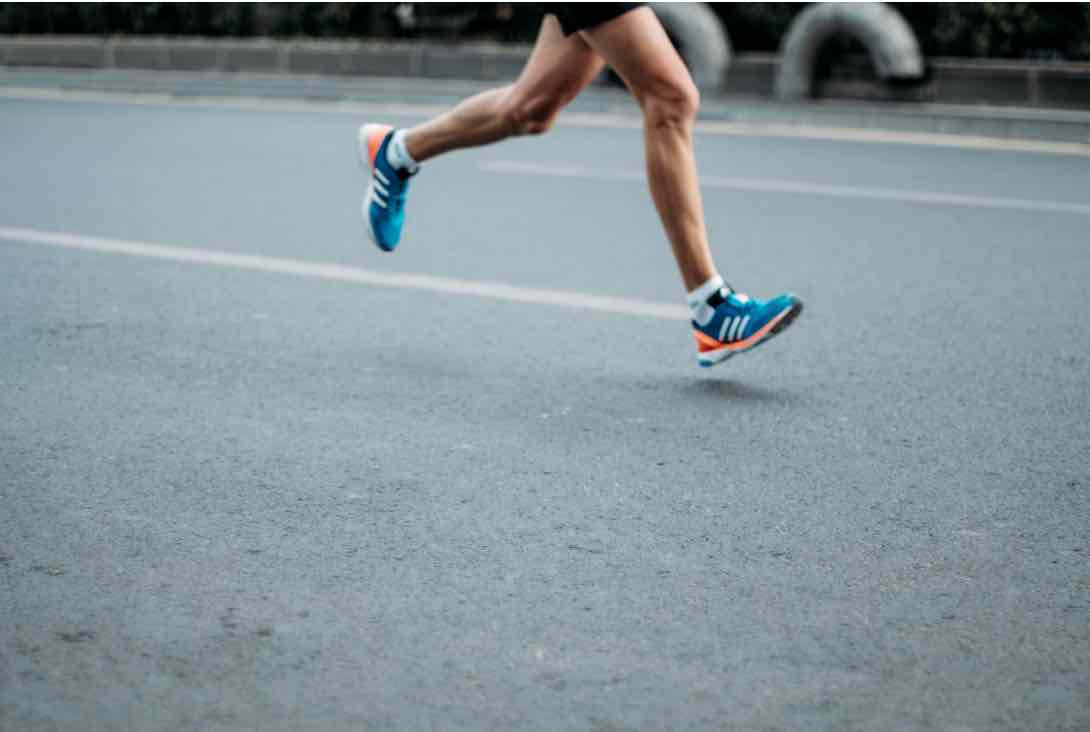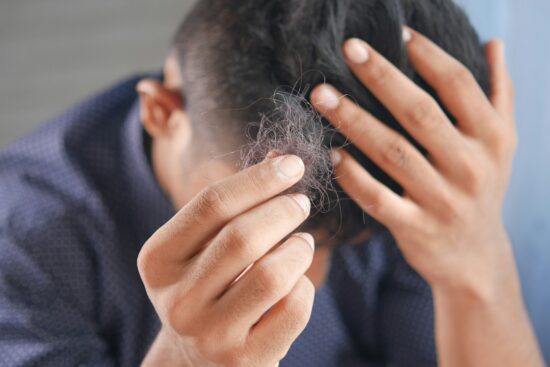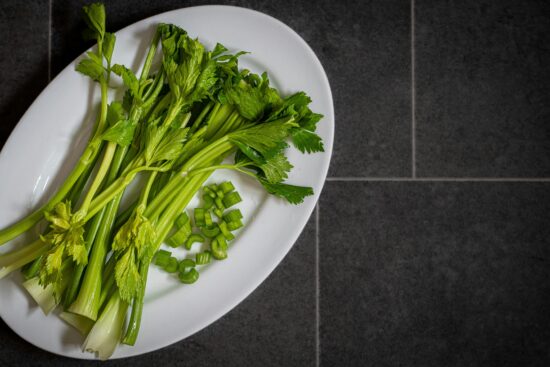
Holistic Solutions for Restless Leg Syndrome: Finding Relief Naturally
Restless Leg Syndrome (RLS) is a neurological disorder characterized by an irresistible urge to move the legs, often accompanied by uncomfortable sensations. These sensations typically occur at rest, during the evening or nighttime, making it difficult for individuals with RLS to get a good night’s sleep. While medication is often prescribed to manage the symptoms, many people are seeking alternative, holistic approaches to find relief from RLS without the potential side effects of pharmaceuticals. In this article, we will explore several holistic solutions that can help alleviate the symptoms of RLS and improve your overall well-being.
1. Diet and Nutrition
One holistic approach to managing RLS is through dietary and nutritional changes. Certain dietary factors can contribute to RLS symptoms, and addressing these factors may provide relief.
a. Iron and Ferritin Levels: Low iron levels are often associated with RLS. Ensure you have an adequate intake of iron-rich foods such as lean meats, beans, lentils, and dark leafy greens. If necessary, consult with a healthcare professional about iron supplements.
b. Magnesium: Magnesium deficiency has also been linked to RLS. Incorporating magnesium-rich foods like nuts, seeds, and leafy greens into your diet can be beneficial. Consider taking a magnesium supplement, but consult your healthcare provider first.
c. Avoid Triggers: Some individuals find that certain foods or beverages can exacerbate RLS symptoms, such as caffeine, alcohol, and processed foods. Reducing or eliminating these triggers from your diet may help.
2. Exercise and Physical Activity
Regular exercise can be a valuable holistic strategy for managing RLS. Engaging in physical activity can improve circulation, reduce stress, and promote better sleep.
a. Stretching: Gentle stretching exercises, particularly before bedtime, can help relieve muscle tension and reduce RLS discomfort. Focus on stretching your leg muscles, paying attention to the calves, thighs, and hamstrings.
b. Yoga: Yoga is an excellent form of exercise that combines stretching with relaxation techniques. Many people with RLS find relief through regular yoga practice.
c. Aerobic Exercise: Engaging in aerobic activities like walking, swimming, or cycling can improve overall circulation and reduce RLS symptoms. Aim for at least 30 minutes of moderate exercise most days of the week.
3. Stress Management
Stress and anxiety can exacerbate RLS symptoms. Holistic stress management techniques can help reduce these triggers.
a. Meditation and Deep Breathing: Mindfulness meditation and deep breathing exercises can calm the nervous system and reduce stress levels, potentially decreasing RLS symptoms.
b. Progressive Muscle Relaxation: This technique involves tensing and relaxing different muscle groups in the body, promoting relaxation and reducing muscle tension that may contribute to RLS.
c. Biofeedback: Biofeedback is a method that helps individuals gain control over physiological functions, including muscle tension. It can be a valuable tool for managing RLS symptoms.
4. Herbal Remedies and Supplements
Certain herbal remedies and supplements have been reported to provide relief from RLS symptoms. While these options are considered holistic, it’s essential to consult with a healthcare professional before using them, as they may interact with other medications or health conditions.
a. Valerian Root: Valerian root is a natural sedative that can help improve sleep quality and reduce RLS symptoms.
b. Lavender Oil: Aromatherapy with lavender essential oil may promote relaxation and help with sleep.
c. Iron and Magnesium Supplements: If your healthcare provider determines that you have deficiencies in iron or magnesium, they may recommend supplements to address these imbalances.
5. Lifestyle Changes
Certain lifestyle modifications can also contribute to holistic RLS management.
a. Sleep Hygiene: Improving sleep hygiene practices can help minimize RLS-related sleep disturbances. Create a comfortable sleep environment, maintain a regular sleep schedule, and limit exposure to screens before bedtime.
b. Hot and Cold Therapy: Applying heat or cold to the affected legs can alleviate RLS symptoms for some individuals. Experiment with warm baths, heating pads, or cold packs to find what works best for you.
c. Massage: Regular massages, especially targeting the legs, can help reduce muscle tension and improve circulation.
In conclusion, Restless Leg Syndrome can be challenging to manage, but holistic approaches offer natural and potentially effective solutions. Keep in mind that what works for one person may not work for another, so it’s essential to experiment with different holistic strategies and consult with a healthcare professional for guidance. By addressing nutritional, lifestyle, and stress-related factors, you can take a holistic approach to finding relief from RLS and improving your overall quality of life.





